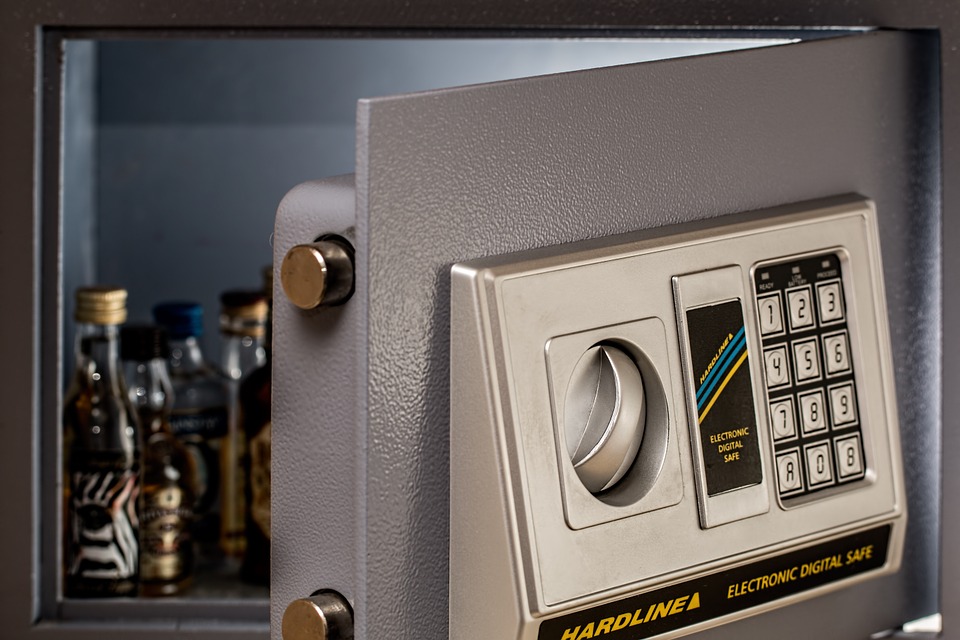There are 11 basic orders in security that every professional security guard must know. Although they may seem simple, these general orders provide the framework and structure for many security guard policies and responsibilities. In some ways, a safety guard's job is similar to a restaurant manager's: everything must be organized and controlled from the beginning to the end. A safety guard's job, however, is more physically and mentally demanding that a manager. Guard jobs require guards that work in potentially dangerous environments and where their mental and physical skills must be developed. The first order is to always be aware and prepared. Security guards Melbourne face situations every day that could pose physical danger or emotional stress. For example, if a customer comes into the store and trips on an unsafe floor, all it takes is one simple movement of a wire to send them tumbling to the floor. If a guard doesn't know how he or she should react in such a situation, it is essential that they learn how to stop it from becoming worse. This general order requires guards to know their immediate surroundings, including the latest traffic reports and the layout of department stores, so that they can act promptly. Another rule is to not take unnecessary risks. It is vital that security guards know what to do in dangerous situations. Anytime that a security guard has to make a split-second decision, they need to be absolutely sure that they make the right one. This order is almost equally important as the first. Security guards have the ability to know exactly how to handle every situation and use that information to protect the public. The third order of business is to know your limits. Security personnel should know their limits. This is a general order. While there are many situations that allow guards to go beyond their limits, they must be aware of what they can and can't do every day. Knowing their limits gives guards the confidence to help keep the public safe as well as to keep themselves in line. The fourth order concerns personal hygiene. No one is perfect, no matter how well they do at maintaining their personal hygiene. Security personnel are required to clean their hands frequently and deal with people on an ongoing basis. In addition, they have to use their best judgment when it comes to personal hygiene, so it is absolutely essential that they understand the general order and follow it closely. This order may seem obvious but most people don't understand it and endanger their health with infections and other problems. The fifth and last general order, which deals with discrimination is perhaps the most controversial. It is illegal for security officers to discriminate against anyone due to their race or religion, gender, age, sexual orientation, disability, and national origin. This is the main reason employees feel they need to protest throughout the day, especially when they work outside in the summer. It is technically illegal but guards could still break it if they weren't careful. Guards are also reminded not to use abusive language or make others feel ashamed of themselves. Another important rule that guards must adhere to is the order to aid those in distress. This order seems pretty obvious, but many times security guards do not really feel they can give much help when they are called upon to do so by other employees or clients. But, as previously stated, guards must stay cognizant of their own limitations, and they must assist those who cannot aid themselves. This order can sometimes make the difference between a well-deserved raise and losing your job. Security guards must take this order seriously. Guards often ignore the order not to perform your personal duties for customers or employees. If you do not follow this order, you could become a liability to the employer. This could mean that your work is being done for other reasons than your job duties. Many times, this will result in you being suspended or terminated from the company. Allowing a friend or relative act as your replacement during work is another serious violation of the order. You could be in serious legal trouble if you violate this order.

